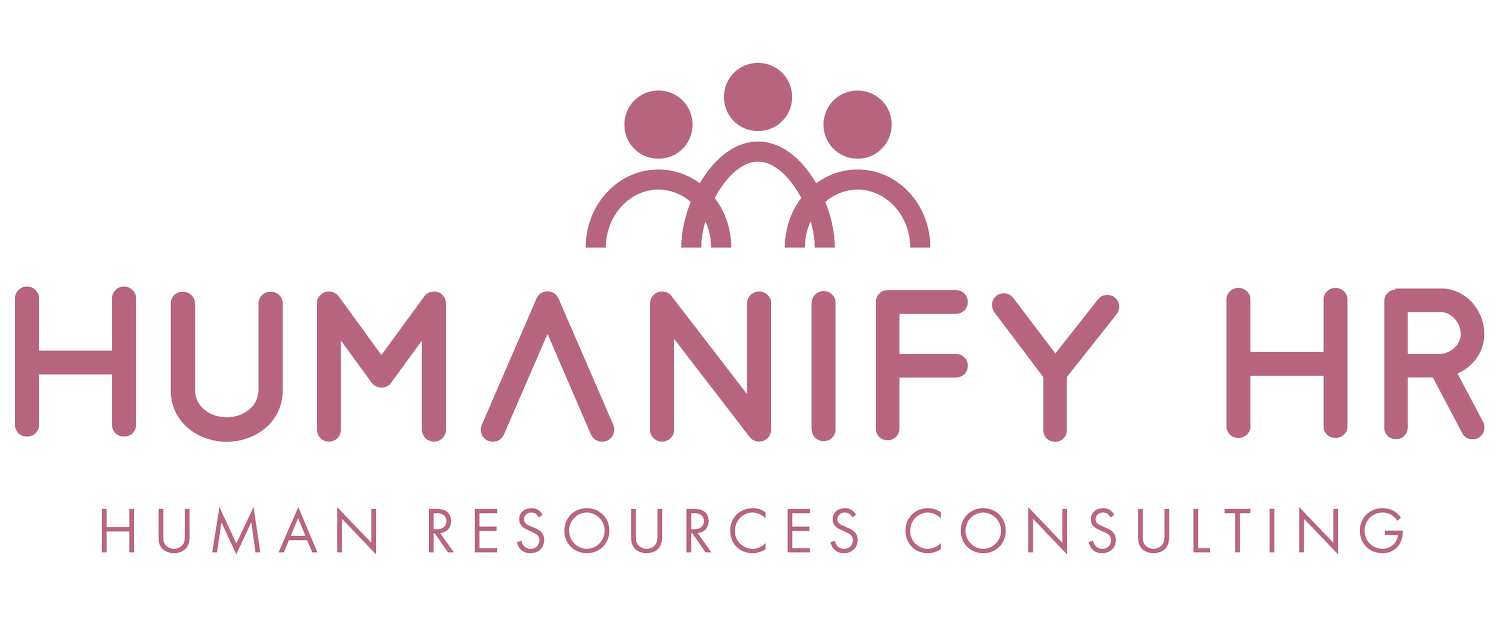What are great HR teams focused on when it comes to workplace relations changes?
We know that the complexity of the environment which Human Resources (HR) practitioners operate continues to elevate, making it essential for HR to possess strong technical skills and awareness of how workplace relations underpin the effective operation of the entire HR function. The Fair Work Legislation Amendment (Secure Jobs, Better Pay) Act 2022 has added further complexity to the operating environment HR must effectively navigate on behalf of organisations. From our work with some of the best in HR, here are some of the three key areas great HR teams are focusing on when it comes to workplace relations changes.
JOB SECURITY AND GENDER EQUALITY
From 6 December 2022, it is now a core object of the Fair Work Act 2009 (Cth) to ‘promote job security and gender equality’. Previously, this was not a core objective of the Act. This sends a clear message that job security and gender equality are no longer a ‘side-dish’ when it comes to the overall operation of the Australian workplace relations framework, but well and truly on the ‘main menu’.
Many HR practitioners are using this legislative change to strengthen the approach they take, particularly when it comes to getting buy-in from senior executives on diversity and employee experience-related initiatives. Savvy HR practitioners know it can help to strengthen the business case to implement HR initiatives that have previously been seen as potentially a ‘nice-to-have’, but not essential, for example, to meet a core legislative compliance requirement.
Gender, diversity and inclusion strategies and policies are now essential, as they not only provide the benefit to an organisation of increasing employee engagement and experience, but additionally serve as a way of demonstrating legislative compliance with the key objects of the Fair Work Act 2009 (Cth). Great HR teams are using the changes to advance and progress in these areas to the benefit of both their people and organisations.
PAY SECRECY
From 7 June 2023, the Fair Work Act 2009 (Cth) has been amended to ensure pay secrecy terms cannot be included in employment contracts or other written agreements that were entered into on or after 7 December 2022. The changes are designed to provide the opportunity for employees to understand more information about their remuneration with the aim of reducing the risk of discrimination and improving the gender pay gap.
Many HR practitioners are approaching these changes, not just from a technical perspective but considering the impacts increased pay transparency will have on organisational culture.
We know that pay and remuneration can be a ‘taboo’ topic in organisations. Conversations at work about pay have the potential to cause conflict amongst people who can become quickly aggrieved to learn that someone else is getting paid more than they are. From a practical perspective, it can become a difficult issue to manage in the workplace. The best HR practitioners know this and are reviewing existing policies and procedures to ensure that changes to increase pay transparency don’t have inadvertent consequences for workplace culture.
We are observing an increased focus on education and communication, with HR working with other business areas to nuance messaging that not only meets compliance requirements in these areas but additionally addresses potential organisational culture impacts.
FIXED TERM EMPLOYMENT
From 6 December 2023 onwards, the Fair Work Act 2009 (Cth) introduces a two-year maximum term limit (inclusive of any contract extensions) that will come into effect for fixed-term employment arrangements. Fixed-term employment is a form of insecure work, particularly in instances where employees are subject to continuous extensions of fixed-term arrangements.
Those in HR know that fixed-term employment arrangements are often problematic, as they can create uncertainty and anxiety for employees engaged under these temporary arrangements.
We are seeing HR practitioners actively reviewing fixed-term employment arrangements, starting by auditing existing contract terms. Taking a partnership approach, great HR teams are focusing on educating leaders on the impacts of these changes, particularly those who may rely more heavily on fixed-term employment arrangements.
Going above the more traditional audit and education response, we are supporting great HR teams to take a more strategic approach. This approach requires HR to leverage these workplace relations changes by encouraging proactive operational workforce planning inside their organisations, to identify legitimate use of fixed-term employment arrangements. This approach creates opportunities for HR to highlight situations where the use of alternative employment arrangements may be more beneficial. In these scenarios, we see HR fully integrated with the business, and this demonstrates the value HR can have as a trusted business partner to assist in determining future workforce needs.
Work with us
Humanify HR Consulting specialises in workplace relations and supporting organisations to ensure that their workplace arrangements are contemporary and fit-for-purpose. To find out more about how we can support you with these new workplace relations changes please contact our team at hello@humanifyhr.com.au. You can also download a FREE copy of our Workplace Relations Calendar for 2023 that includes key changes to prepare for here: Workplace Relations Calendar.
Important Disclaimer: The material contained in this article is provided as general information only. It is not, nor is intended to be legal advice. If you wish to take any action based on the content of this article we recommend that you seek professional advice.

